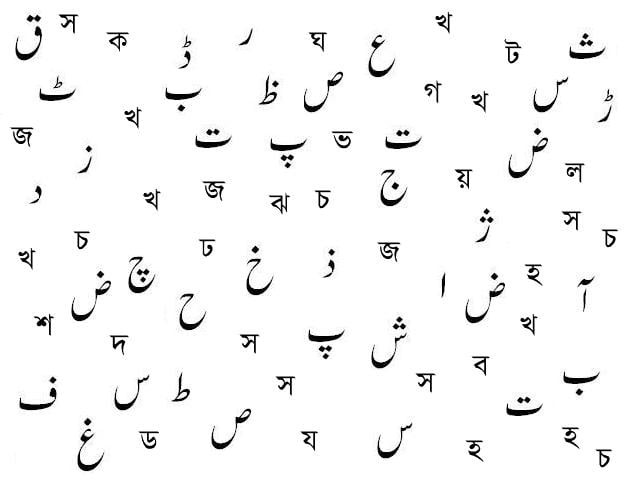“The State language, therefore, must obviously be Urdu, a language that has been nurtured by a hundred million Muslims of the sub-continent, a language understood throughout the length and breadth of Pakistan and, above all, a language, which, more than any other provincial language, embodies the best that is in Islamic culture and Muslim tradition.”
In 1957, a decade after the partition of India, author Qurratulain Haider published her epic novel Ag Ka Darya (‘River of Fire.’)
In which she stated, “In the demand for Pakistan, Urdu was most thoughtlessly declared to be the language of a ‘separate Muslim nation’, so now it is also paying the price for the creation of the homeland.”
Which of the two was right?
Within the East Bengali independence framework, Haider’s words proved prophetic. Yet, to standardise operations in a newly born, linguistically diverse nation, did Jinnah have other equally practical options?
The exact role that language played in fuelling resentment amongst the Bengalis back then, and non-Urdu speakers now, is debatable. However, what isn’t debatable is the political, social, and cultural importance of language, especially in a country so ravaged by communal schisms.
The language we grow up speaking colours all social interactions. In many ways, thought is not merely expressed in words; it comes into existence through them. Keeping in mind the inherent differences in dissimilar languages, can we assume that different linguistic groups think in different ways?
This is not as absurd a statement as one may think at first.
After all, direct communication between two people, two minds, is impossible.
Individuals who have learnt different languages in their formative years will not be able to interact as effectively as those of the same linguistic group.
While it may be an oversimplification to explain entire movements such as regionalism and nationalism through this discourse, it is high time we realise the power of words. It is fragile. Please, handle with care.



COMMENTS
Comments are moderated and generally will be posted if they are on-topic and not abusive.
For more information, please see our Comments FAQ